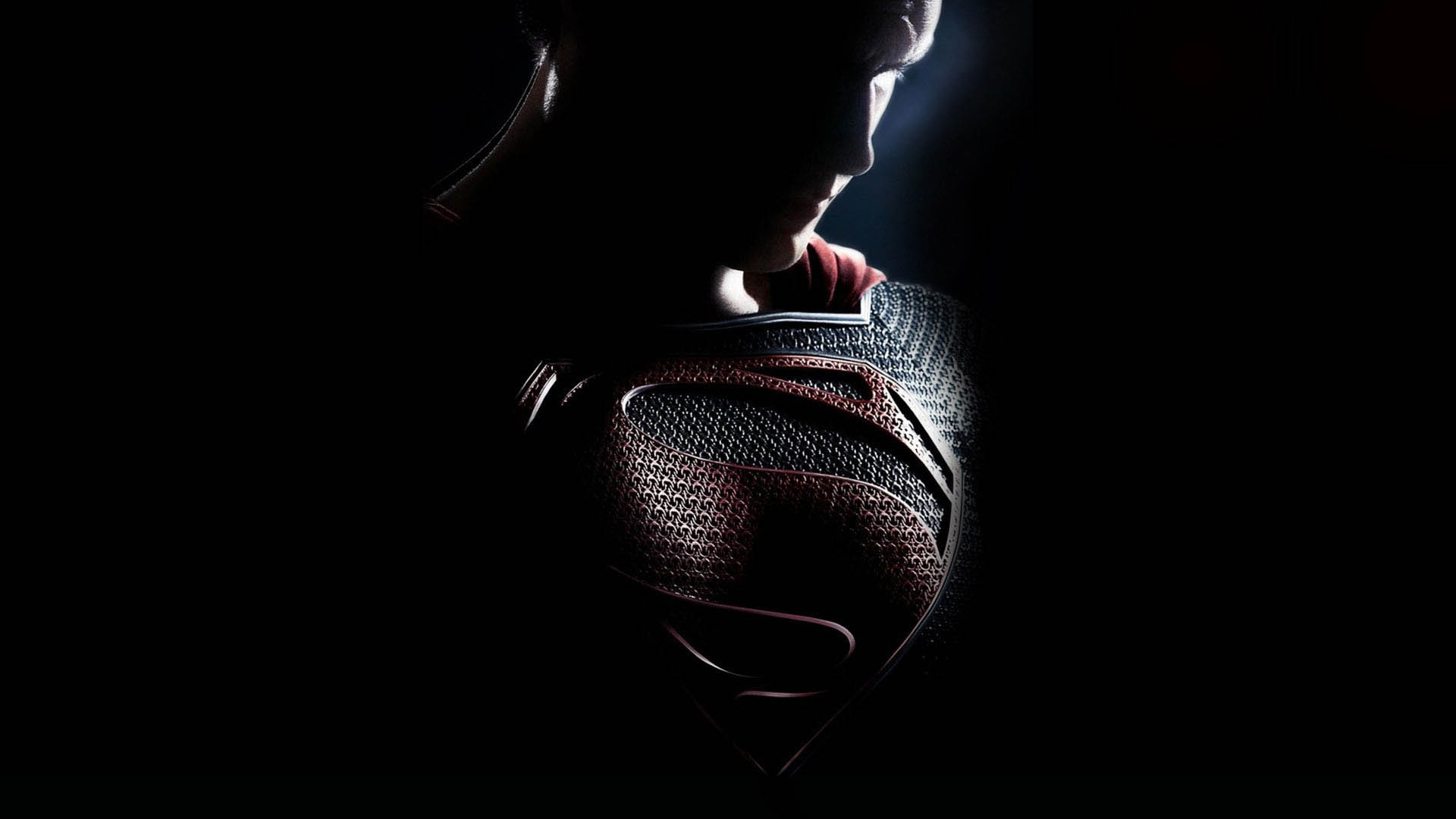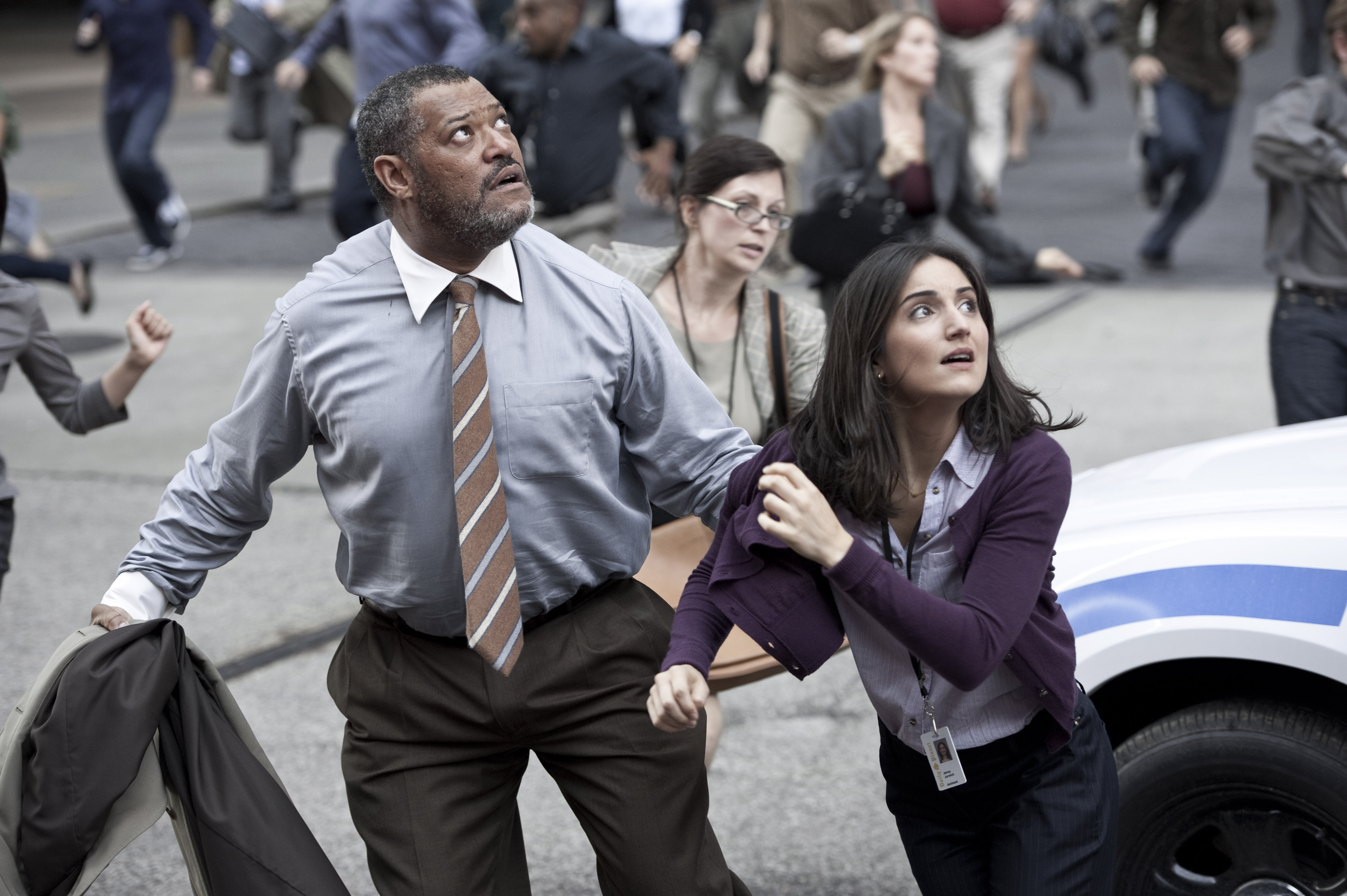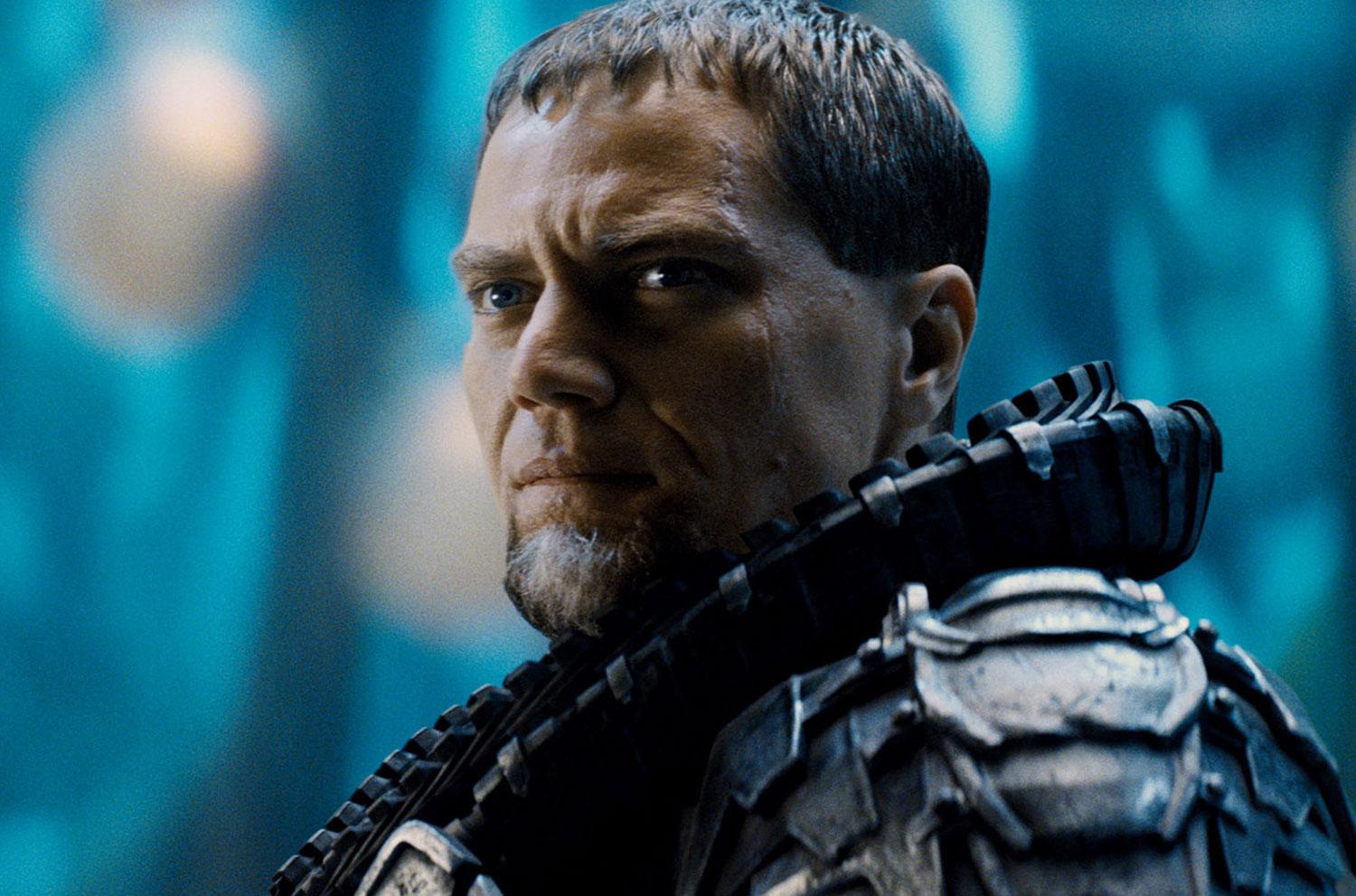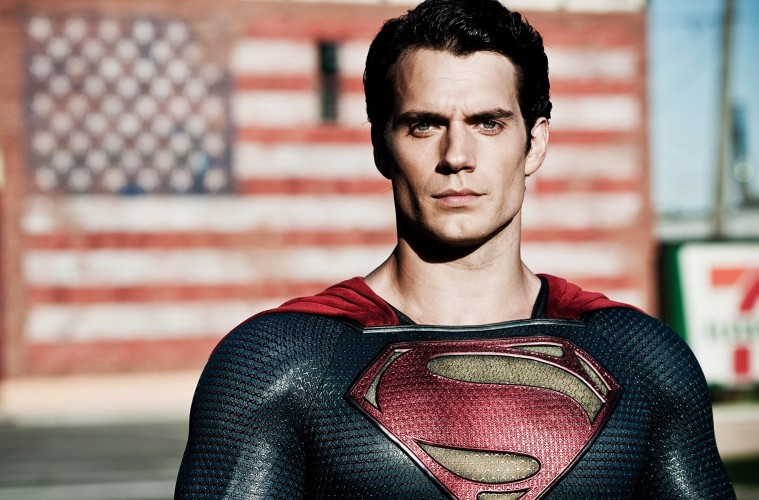By Colby Park
I try to steer clear of movies or shows that are considered “controversial” in fan circles. I mean, we can all (mostly) agree that Jonah Hex is pretty crappy and X2 is pretty sweet, right? That being said, there’s one movie that I continually see as a point of contention in the comic movie fan community. The film Man of Steel has become somewhat of a lightning rod for fandom’s worst quality. I see people attack it for every reason under the yellow sun. From the color of Superman’s costume, to the fact that it doesn’t use the John Williams score from the Donner series. And I also see people defend everything about it, even things that wouldn’t be acceptable in other movies, like shoddy CGI or obvious plot-holes.

As such, this write-up is not going to be so much a synopsis of said film but rather a call for reasoned criticism. I am the first to acknowledge that there is absolutely no accounting for taste. I mean, I have a weird love for the incredibly awful Justice League of America movie from the 1990’s. That said, I also understand the insane amount of problems that movie has. A person cannot simply avoid rational and intelligent concern or input on a work of art simply because of personal preference. Well, I suppose one can, but that would also entail forfeiting the right to defend said stance.
I also understand the desire to debate this movie, although I question why meaningless (like his costume) or obvious (like why he talks to a priest instead of Jor-El) issues are still commonly addressed. A plot hole, regardless of rationalization, is still a plot hole. I find this type of “fanboy bickering” especially troubling when there is still a very vocal and logical debate going on about the merits of the film and its place as an adaptation of the most well known superhero of all time. What follows will be my take on the controversial nature of this movie. As such, there will be spoilers. However, at this point, if you haven’t seen it, I’m sure the ending has already been spoiled for you.

Many apologists point to the massive carnage in this film as a “necessary evil”. Essentially saying that Superman had no choice. He either had to destroy the city and snap Zod’s neck or let him destroy the world. A million-or-so lives versus the potential billions that would inevitably die. The problem with this way of thinking is twofold. First of all, it obviously misses the fact that there are literally hundreds of other options (Why not throw Zod into the Grand Canyon and fight there? Why not fly into space and fight on the moon? Why even let the story get to that point?) and many of them involve less destructive means. People will point out that the immediacy of the situation dictated only one course of action, which is a ridiculous statement when discussing beings that have almost limitless power and can move at blinding speed. That leads to the climactic murder of the evil general. Again, why not just fly him up through the roof and into the ocean? The only reason all of the civilians died and Superman has blood on his hands is because the story mandated it. That leads to my second point: The only reason the story mandated it and any of this even happens is because the filmmakers wanted it to. And that is literally the final word for any issue with any story ever. Why did Batman beat Superman in Dark Knight Returns? Because Frank Miller wrote it that way. Why did the Empire make an easy-to-access exhaust port on the Death Star in Star Wars? Because George Lucas wrote it that way. So why do Superman and Zod engage in a murderous pissing match? Because that’s what the filmmakers wanted you to see. There is no further justification than that.
However, that’ll only cover the basics of the story. The characters still need to be truly understood in order to be accurately adapted. Frank Miller’s Batman believably beat Superman because the audience accepts his level of skill and preparedness. That comic book series has stood for 30 years as one of the finest stories written within the DC Universe. If there was any debate that Batman could, somehow, best Superman, then the series wouldn’t work. This is where Man of Steel falls so far short and why it has become so divisive. The filmmakers don’t seem to understand what has been motivating Superman for the last 70 odd years. Zack Snyder, the director, has recently said that he understands Superman’s history and that his version harkens back to the character’s “true origin”. Which is an incredibly odd statement on many levels.

Perhaps the main reason it’s so odd is the fact that his take on the Man of Tomorrow is roundly dismissed by the creators who have worked to shape this character for the last two quarters of a century. Mark Waid, who had written the character on-and-off for over twenty years, famously walked out of a screening of Man of Steel and said something to the effect of “That’s not the Superman I know.” Mark Millar, another writer to work on the character, even created a new comic series, Huck, in response to his feelings toward the movie. So, again, if this film is so “respectful” to the character then why are those who formed said character so opposed to it? And how is it that Snyder seems to know some secret history of the character that none of the professionals that got him to the point that a director could adapt him don’t seem to “get” that? One voice that I go to most frequently regarding the writers’ perspective is Dan Slott. He’s a comic book veteran who understands the underpinning of these characters far better than I do. Here’s a great quote of his regarding the “no win” scenario from the ending of Man of Steel:
Superman's compassion/restraint/hope/morality are part of him.
Superman's ability to always find a way IS one of his powers.
He's Superman.— Dan Slott (@DanSlott) January 31, 2016
In short, he’s the kind of character who would, and should, ALWAYS find a way to save people and avoid killing. If you don’t want that in your adaptation of Superman, then don’t adapt him.
So I guess in the end, my point is this: if you want to love this film, that’s fine. If you want to hate this film, that’s fine too. But if you want to discuss or debate the merits of this film and its adaptation of an iconic character, you had better be able to come at it critically and in the context of said character’s historical significance.
I’ll leave you with a quote from Mark Waid’s Superman from the superb comic series Kingdom Come. A series that has incredibly dark and philosophical underpinnings on what it means to be a “corny” hero in the modern world what right superhuman beings have to decide who lives and dies. In Superman’s own words within the series…
“Only the weak succumb to brutality.”
Follow Colby on Twitter | Follow Action A Go Go on Twitter and Instagram |Be sure to leave your thoughts in the comments section!
Colby Park runs the blog comicbookmedia.com and the CommentaryCast podcast where he discusses movies and TV shows based on comics. Look him up on Twitter, @comicbookmedia.

